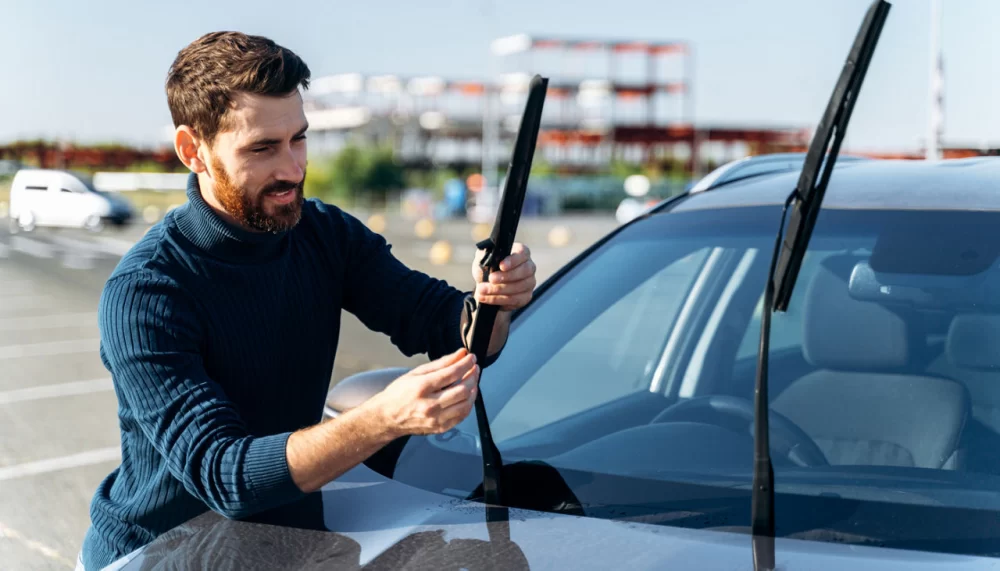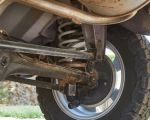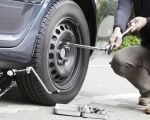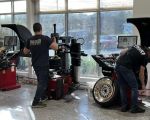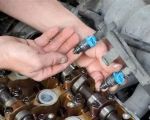- Understanding Car Engine Overheating
- Common Causes of Engine Overheating
- Recognizing Symptoms of Overheating
- How to Prevent Engine Overheating
- What to Do If Your Car Overheats
- Professional Help and Services
1. Understanding Car Engine Overheating
Car engine overheating is a common yet serious issue that can lead to costly repairs or even permanent engine damage if not addressed promptly. Essentially, overheating occurs when the engine temperature rises beyond its normal operating range, typically due to failure in the cooling system or excessive heat generation within the engine. An overheated engine may manifest in different ways, but understanding the root mechanisms is essential for every driver.
The engine produces heat as a natural byproduct of combustion. To maintain optimal function, it relies on a complex cooling system consisting of coolant fluid, radiator, thermostat, water pump, and cooling fans. When any component in this system malfunctions, heat can build up, causing the temperature gauge to spike and warning lights to appear. Overheating isn’t just inconvenient; it poses risks like warped engine parts, blown head gaskets, or complete engine failure.
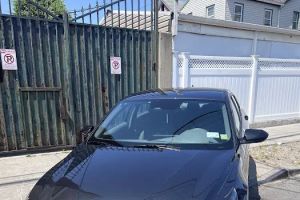
Junior Auto Body Solutions LLC
10409c Merrick Blvd, Jamaica, NY 11433, USA
1.1 The Role of the Cooling System
The cooling system acts as the heart of temperature regulation. Coolant circulates through the engine, absorbing heat, then passes through the radiator where heat dissipates into the air. The thermostat controls coolant flow, opening and closing to maintain a stable temperature. If any part fails—say a leak in the radiator or a stuck thermostat—the entire system falters, causing overheating.
This understanding highlights why regular maintenance is crucial. Many cases of car engine overheating stem from neglected cooling systems or delayed repairs.

Premier auto solutions ny
532 Ray St, Freeport, NY 11520, USA
2. Common Causes of Engine Overheating
Several factors can trigger car engine overheating, ranging from simple fixes to serious mechanical issues. By identifying common causes, drivers can be more vigilant and act faster.
2.1 Coolant-Related Problems
Coolant leaks, low coolant levels, or old coolant that has lost its efficacy reduce the cooling capacity. A small leak from hoses, radiator, or the water pump can cause coolant loss unnoticed until overheating occurs.
2.2 Thermostat Malfunction
A thermostat stuck in the closed position prevents coolant from circulating properly, causing the engine to heat up rapidly. This often leads to sudden overheating, especially during heavy traffic or hot weather.
2.3 Radiator Issues
Clogged or damaged radiators reduce heat dissipation. Debris, corrosion, or physical damage obstruct airflow and coolant flow, leading to rising engine temperatures.
2.4 Water Pump Failure
The water pump drives coolant circulation. If it fails due to worn bearings or a broken impeller, the coolant stops flowing, and the engine overheats quickly.
2.5 Other Causes
Broken cooling fans, head gasket leaks, or external factors like towing heavy loads in hot climates can also cause overheating. Each of these deserves attention in diagnosis.
3. Recognizing Symptoms of Overheating
Spotting early signs of engine overheating can save your vehicle from serious damage. Here are key symptoms every driver should know:
3.1 Temperature Gauge Warning
The most obvious sign is the temperature gauge rising above the normal range, often accompanied by a red warning light.
3.2 Steam or Smoke
Steam coming from under the hood signals coolant boiling or leaking onto hot engine parts. Smoke may indicate more severe damage.
3.3 Strange Smells
A sweet smell may come from leaking coolant, while burning odors can result from overheated engine oil or plastic components.
3.4 Reduced Engine Performance
The engine may lose power or stall as overheating worsens, sometimes causing hesitation or knocking noises.
4. How to Prevent Engine Overheating
Prevention is always better than cure. Maintaining your vehicle and monitoring its cooling system can significantly reduce overheating risks.
4.1 Regular Coolant Checks and Changes
Check coolant levels monthly and top up with the correct mixture of antifreeze and water. Replace coolant as recommended by your vehicle’s manufacturer to maintain effectiveness.
4.2 Inspect Cooling System Components
Regularly inspect hoses, the radiator, thermostat, and water pump for leaks, cracks, or wear. Catching early signs of damage can prevent bigger problems.
4.3 Keep Radiator Clean
Remove debris and dirt that block airflow. Professional radiator flushes every couple of years also help remove internal deposits.
4.4 Avoid Heavy Loads in Extreme Heat
Driving under heavy loads or towing in hot weather stresses the engine and cooling system. If unavoidable, take breaks and monitor the temperature gauge closely.
4.5 Listen and Watch
Always pay attention to dashboard warnings, smells, or unusual engine behavior. Early detection saves money and time.
5. What to Do If Your Car Overheats
If you notice your car engine overheating while driving, quick and safe action is vital to prevent damage.
5.1 Pull Over Safely
As soon as possible, pull over to a safe spot and turn off the engine to stop further heat buildup.
5.2 Allow the Engine to Cool
Wait at least 15 to 30 minutes before opening the hood to avoid burns from steam or hot parts.
5.3 Check Coolant Levels and Look for Leaks
If you’re comfortable and knowledgeable, check the coolant reservoir. Do not open the radiator cap when hot. If low, adding coolant may help temporarily.
5.4 Call for Professional Assistance
If you can’t resolve the issue safely, it’s best to call for roadside assistance. Vehicle towing may be necessary to avoid worsening the damage.
6. Professional Help and Services
When dealing with car engine overheating, professional evaluation and repair are often required. Trained mechanics can diagnose hidden issues like head gasket failure or internal damage that casual inspection misses.
For reliable towing, repair, and roadside services, Rescue & Towing offers expert assistance. Whether you need emergency towing for an overheated vehicle or professional maintenance, Rescue & Towing connects you to the most suitable service providers, ensuring your car receives proper care quickly and efficiently.
Preventive maintenance programs and professional cooling system inspections can also help avoid engine overheating before it starts. Investing in expert help can save you money and stress in the long run.

